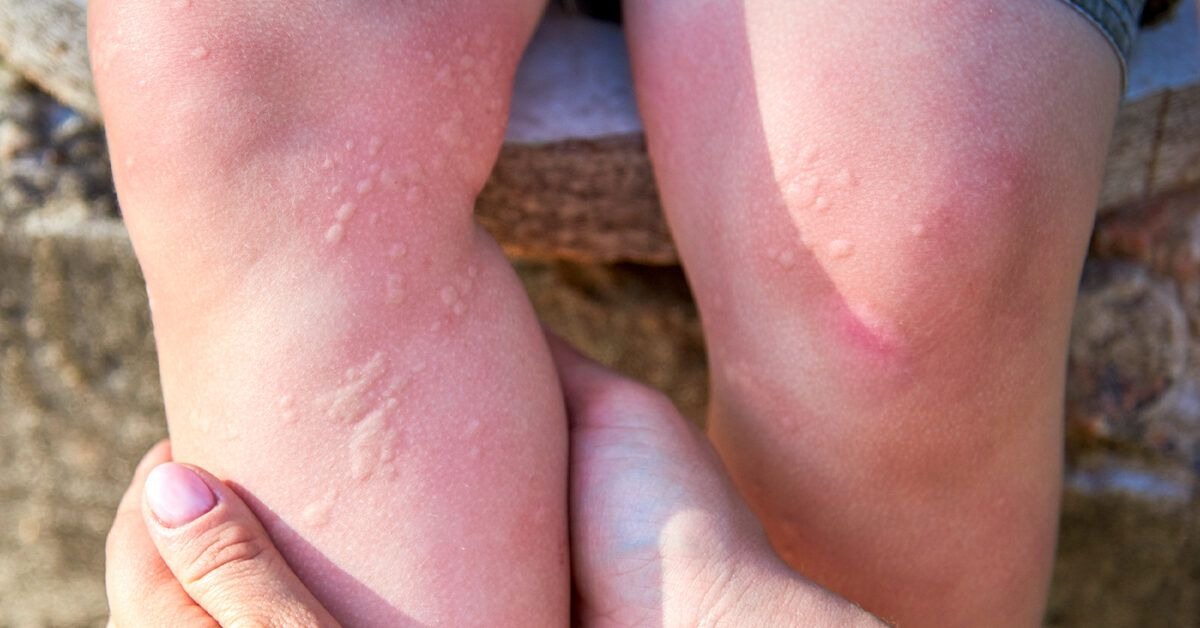Itchy skin—also known as pruritus—is a common experience. While most people associate itching with dry skin, insect bites, or allergies, persistent or unexplained itching may sometimes point to underlying internal issues.
According to the American Academy of Dermatology (AAD), itching that does not resolve with typical skin care routines or over-the-counter treatments may warrant further investigation. It could signal nutritional imbalances, organ dysfunction, or systemic issues requiring medical attention.
When the Skin Warns Us: More Than Just a Surface Issue
The skin, being the largest organ of the human body, serves as a protective barrier—but it also functions as a mirror of internal health. Prolonged or recurring itching may indicate a deeper problem.
In one patient case study published in the Journal of the American Medical Association (JAMA), unexplained itching led to the early diagnosis of liver disease, which was successfully managed once identified.
Although not every case of itching is serious, persistent symptoms lasting more than two weeks—especially without a visible rash or irritation—should be discussed with a healthcare provider.
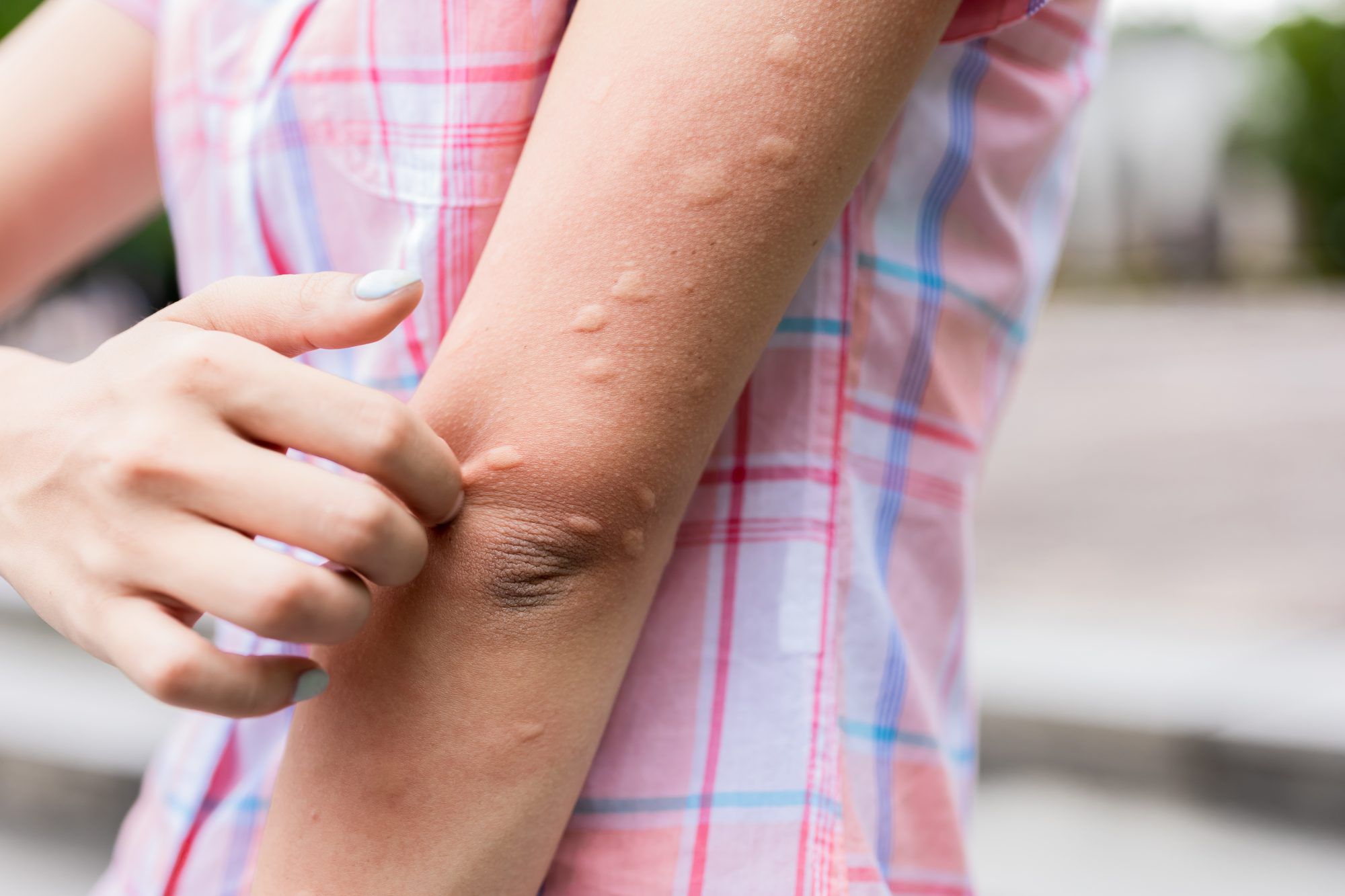
Common Internal Causes of Persistent Itching
Based on data from Mayo Clinic, Harvard Health Publishing, and the National Institutes of Health (NIH), several internal conditions are known to cause chronic itching:
1. Nutritional Deficiencies
Lack of key nutrients—especially vitamin B12, iron, and zinc—can cause skin to become dry, flaky, and itchy. These deficiencies may result from poor diet, absorption issues, or medical conditions like anemia.
2. Liver and Kidney Conditions
Diseases such as cholestasis, cirrhosis, and chronic kidney disease can lead to systemic itching. This typically results from a buildup of toxins that the liver or kidneys are unable to filter properly.
3. Thyroid Disorders
Both hyperthyroidism and hypothyroidism can impact the skin. According to Mount Sinai Health System, individuals with thyroid imbalances often experience dryness and pruritus as part of their symptoms.
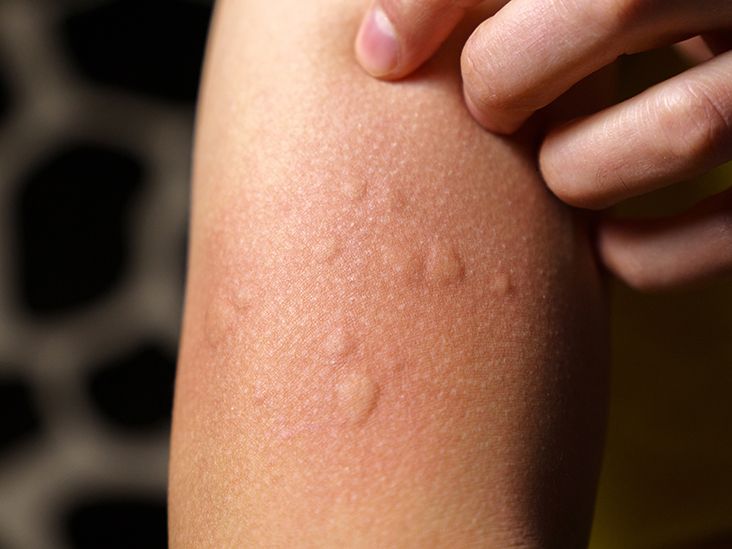
4. Hormonal Fluctuations
Pregnancy, perimenopause, and menopause can alter estrogen levels, which may affect skin moisture and cause itching. The North American Menopause Society notes that estrogen decline is linked to reduced skin elasticity and hydration.
5. Stress and Mental Health
Chronic stress or anxiety can exacerbate existing skin issues and even cause itching in the absence of physical triggers. The American Psychological Association (APA) emphasizes the connection between psychodermatology—the relationship between the mind and the skin.
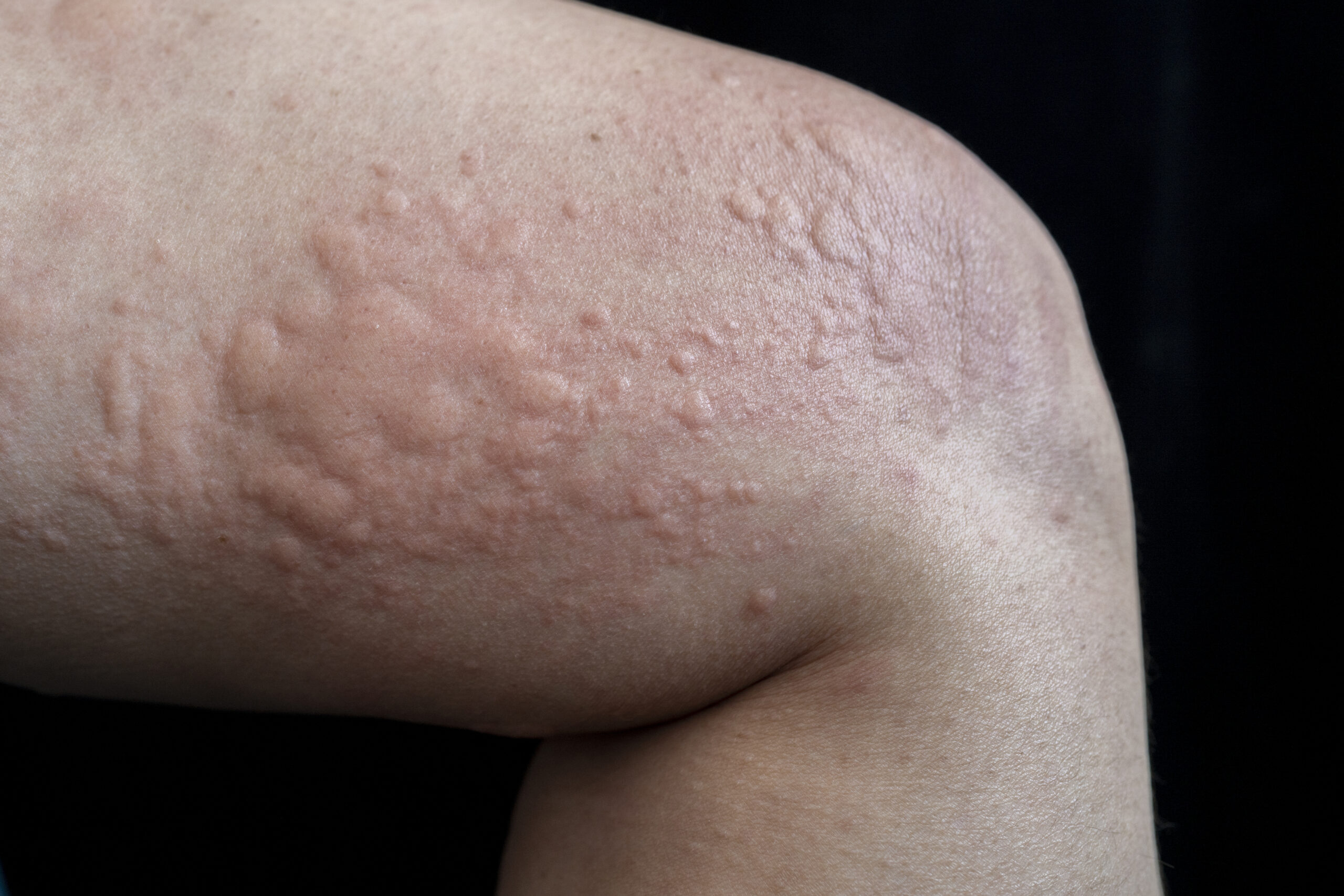
Taking a Holistic Approach to Itchy Skin
If you’re experiencing chronic itching, it’s important to address both external and internal factors. While topical treatments may offer temporary relief, they won’t resolve underlying causes.
Steps to Consider:
- Consult a dermatologist or primary care provider if itching persists without an obvious cause.
- Request lab tests to check for nutrient levels, liver enzymes, kidney function, and thyroid hormones.
- Document your symptoms, including their frequency, intensity, and triggers, to help identify patterns.
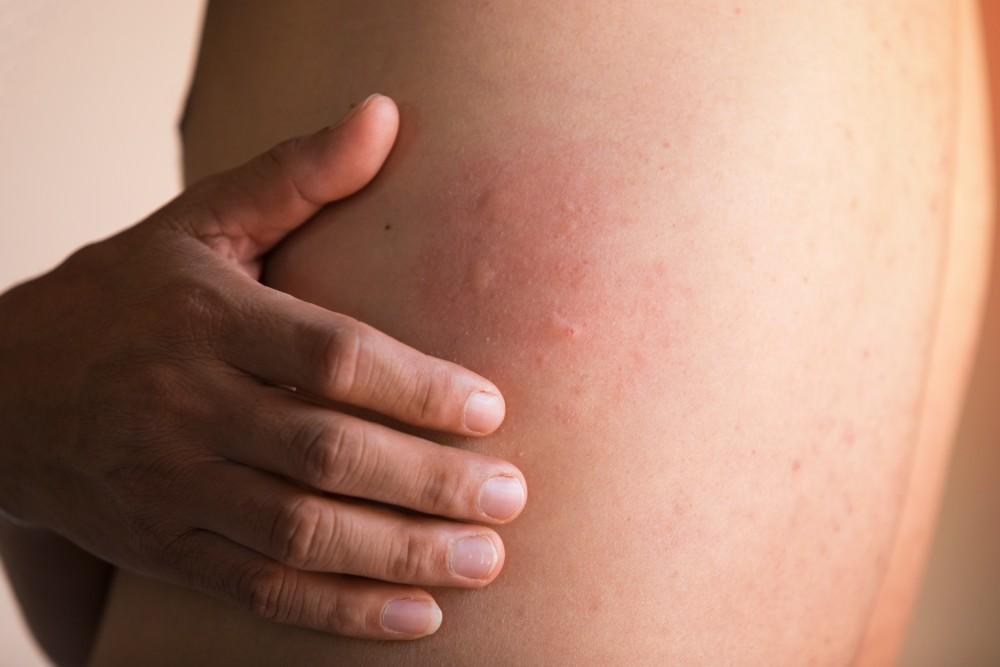
Lifestyle and Nutritional Support for Skin Health
Managing unexplained itching often involves improving overall well-being, not just treating the symptom. The Cleveland Clinic and Harvard Medical School recommend the following evidence-backed strategies:
1. Optimize Your Diet
Include foods rich in:
- Omega-3 fatty acids (salmon, flaxseeds)
- Vitamin C (citrus fruits, bell peppers)
- Zinc (pumpkin seeds, legumes)
- B Vitamins (whole grains, eggs)
2. Stay Hydrated
Drinking adequate water supports skin barrier function and helps flush toxins. Aim for 8–10 cups of water daily, depending on individual needs.
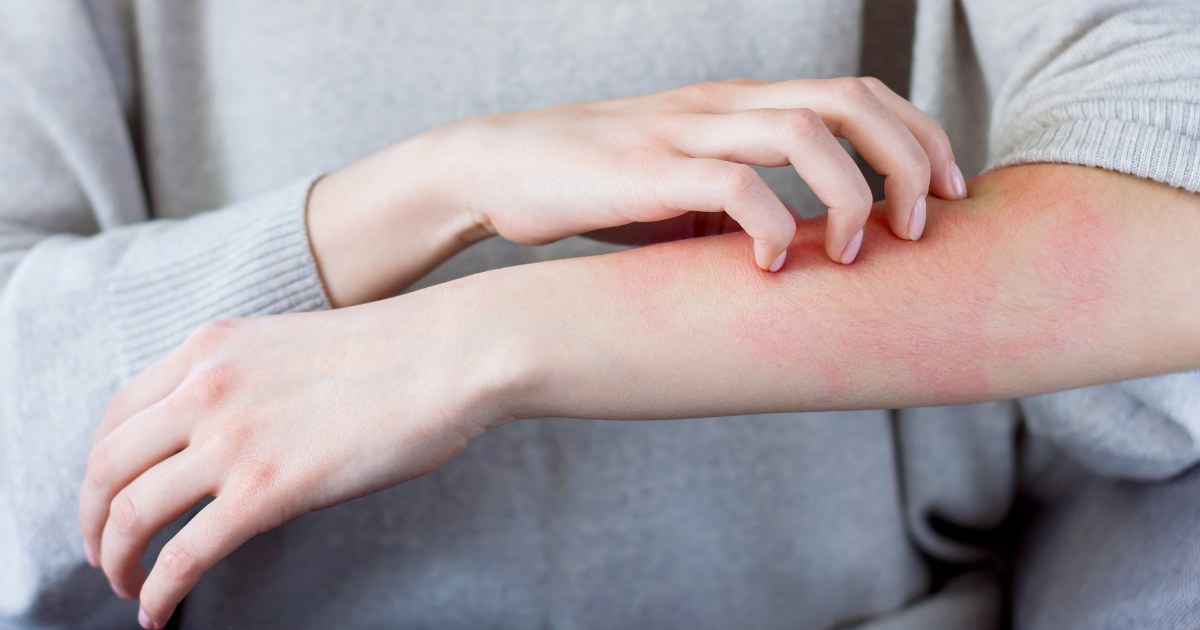
3. Get Enough Sleep
Poor sleep is linked to increased inflammation and worsened skin conditions. According to the Sleep Foundation, adults should get 7–9 hours of sleep per night for optimal health.
4. Manage Stress
Incorporate practices like:
- Mindful meditation
- Yoga or stretching
- Daily outdoor walks
These can reduce cortisol levels and improve both skin and mental resilience.
5. Use Gentle, Fragrance-Free Skincare Products
Opt for moisturizers with ceramides, glycerin, and hyaluronic acid, and avoid artificial fragrances, which can cause irritation.
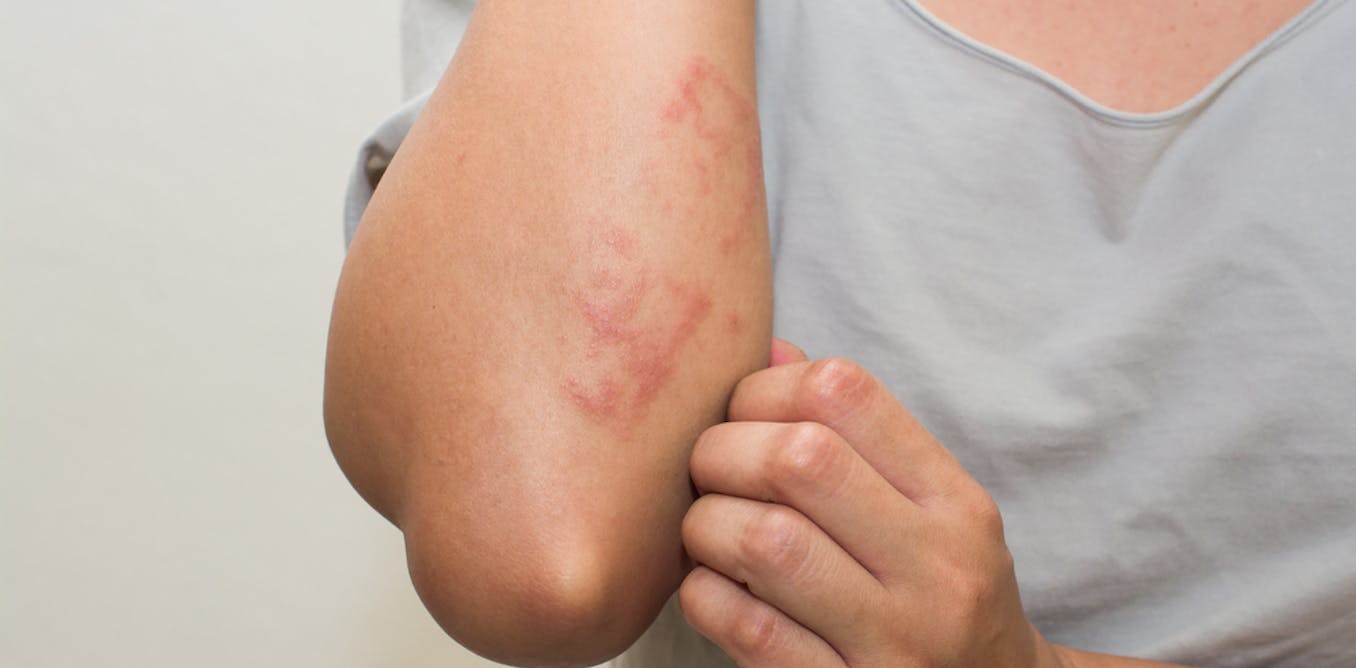
When to Seek Immediate Medical Advice
The American Academy of Dermatology advises consulting a physician if your itching:
- Lasts more than two weeks
- Is accompanied by weight loss, fatigue, or night sweats
- Is widespread and not responding to self-care
- Occurs without a visible rash or external trigger
Prompt diagnosis and treatment can prevent underlying conditions from worsening.
:max_bytes(150000):strip_icc()/Health-GettyImages-1864570924-fa20ece8ad2c44e281430540671d6f93.jpg)
Conclusion: Your Skin is Speaking—Are You Listening?
Persistent itching should never be ignored. While most cases are benign and manageable with hydration and gentle care, some may be early indicators of deeper health concerns.
By listening to your body, supporting it with nutrient-dense foods, minimizing stress, and consulting professionals when needed, you can uncover the true cause and find lasting relief.
Taking a proactive, whole-body approach is often the most effective path to both symptom relief and improved long-term health.
Sources:
- American Academy of Dermatology (AAD)
- Cleveland Clinic
- Mayo Clinic
- Harvard Health Publishing
- National Institutes of Health (NIH)
- Mount Sinai Health System
- American Psychological Association (APA)
